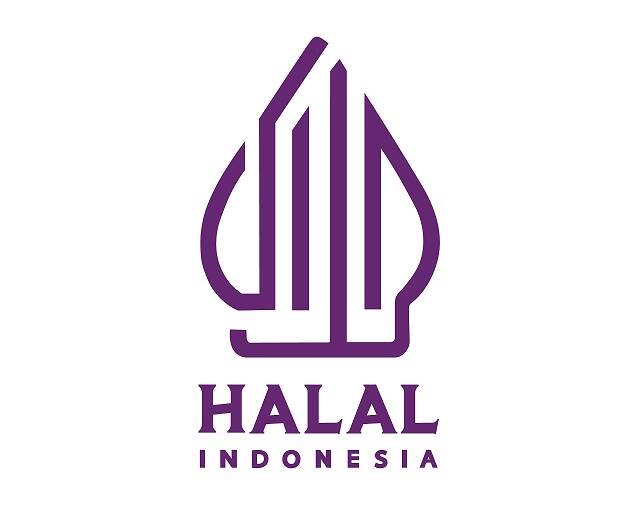Indonesia’s halal regulations require a halal supply chain approach
By 17 October 2024, Indonesia is implementing law 33, making halal certification mandatory for the food industry in Indonesia. This regulation not only applies to manufacturers but also to its supply chain partners. Food exporters to Indonesia need to take note of these radical changes to ensure market access to Indonesia. This article is written by Dr. Marco Tieman, CEO LBB International.
The halal industry and Indonesia
The halal industry, according to the 2023/24 State of The Global Islamic Economy Report, is an estimated USD 2.29 trillion market consisting of the following key sectors: halal food, modest fashion, media & recreation, travel, pharmaceuticals, and cosmetics. Indonesia is the world’s largest halal food market valued at USD 149.8 billion (2022), second largest halal cosmetics market valued at USD 5.4 billion (2022), and fourth largest halal pharmaceuticals market valued at USD 6.1 billion (2022). Indonesia ranks globally number 1 for halal investments in food, cosmetics, and pharmaceuticals!
Evidence supports that halal requirements are moving away from a product approach (the product or outlet is halal certified by an independent halal certification body), towards a halal supply chain (halal is addressed from source up to point of consumer purchase) and value chain approach (halal is addressed throughout the entire business value chain and its network). The Muslim consumer is increasingly expecting companies certified as halal in Muslim-majority countries to uphold a genuine commitment to halal principles. Muslim consumers over the past months have been boycotting several halal certified multinational companies based on a possible link or sympathy with Israel. Some multinational companies have lost revenues up to 50% in Muslim countries like Indonesia and Malaysia. As a result, brand owners need to urgently address both halal integrity and reputation risks when doing business in Muslim (majority) countries.
After Malaysia, Indonesia is developing halal industrial zones, providing halal ecosystems for halal industries to produce halal food, cosmetics and pharmaceuticals. Modern Halal Valley, a 500 hectares halal industry development, is the first and largest halal industrial zone in Indonesia located 1 hour drive west from Jakarta in Banten. These halal industrial zones are designed to simplify halal certification and meeting emerging requirements of the halal supply chain and value chain.
Law 33 and the implications for exporters
Indonesia is implementing law 33, which requires the halal certification of the brand owner, but also its supply chain partners. This is being implemented in stages, starting with food by this 17 October 2024, cosmetics by 17 October 2026, and pharmaceuticals from 17 October 2026 onwards. Indonesia is hereby the first country that makes halal certification mandatory for the food industry but also its supply chain partners.
The halal law for food applies to meat as well as any processed food, both raw materials and end-products. The food products need a halal certificate recognised by the Indonesian halal authority BPJPH or certified by BPJPH directly. If the product is certified by a halal certification body recognised by BPJPH, the importer in Indonesia could register with BPJPH for the use of the Indonesian halal logo on the exporter products. Carrying the Indonesian halal logo could have advantages over a foreign halal logo for end-consumer products. BPJPH is finalising its audits for the recognition of the leading European halal certification bodies by this August, which recognition by Indonesia should be official before October 2024.
Next to the halal requirements for ingredients and the manufacturing process, the brand owner also should ensure that the transportation and storage is segregated from non-halal products in accordance with the Indonesian halal regulations. Distributors and logistics service providers appointed in Indonesia should be halal certified!
Conclusion
Indonesia is implementing mandatory halal certification but also a supply chain approach to halal. It is expected that the halal supply chain regulations of Indonesia will be followed in the coming years by other Muslim countries with advanced halal standards in Asia and the Middle East.
Leading foreign brand owners active in Indonesia have already assessed their supply chain and implemented an end-to-end halal supply chains years ago. The remaining industry players (read: followers) need to start this process urgently in order to protect their licence to operate in leading Muslim (majority) countries! Halal supply chain risks need to be on the radar screen of companies in order to protect their halal integrity and corporate reputation. Consumer and regulation pressure have fast-tracked the importance of the end-to-end halal supply chain and addressing halal in the business value chain. Halal supply chain blueprints and key performance indicators will be critical for brand owners in the years to come to secure their license to operate in Muslim (majority) countries.
Halal industrial zones will be important, future proof, locations to produce and cluster halal production for brand owners in Muslim (majority) countries. Next to Indonesia and Malaysia, halal ecosystems developments are expected in other Muslim countries in Asia, Middle East and Africa.

About the Author
Dr. Marco Tieman is the CEO of LBB International, a supply chain strategy consultancy and research firm, advising companies and governments on supply chain analysis, supply chain design, and market research. He is also an Adjunct Professor with Saito University College in Malaysia and a Senior Fellow with IPMI International Business School in Indonesia, conducting research on halal procurement strategy, halal supply chain management, and halal risk and reputation management. He is the author of ‘Halal business management: a guide to achieving halal excellence’.